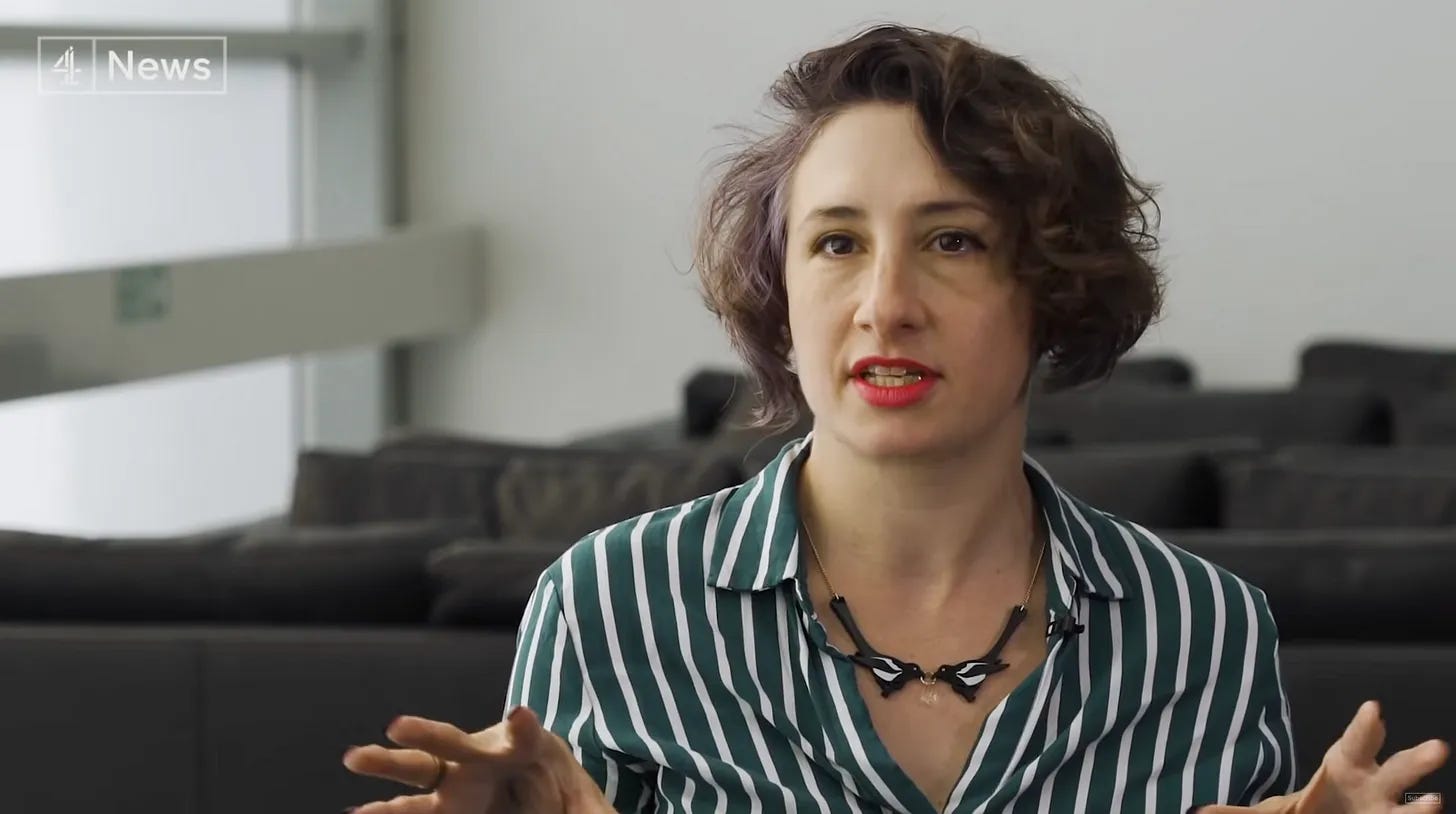Transcript: Myth of the Hollywood Dream Job
Labor author Sarah Jaffe on what strikers should understand about the studio system: 'To associate it with greed is to be too personal about it'
Elaine Low (00:00):
Welcome to a special edition of The Ankler podcast, where we are joined by Sarah Jaffe, labor journalist and author of the book Work Won't Love You Back, which examines our relationship to work from a number of different industries, including art, which is what I'd love to talk to you about today. Thanks for joining me, Sarah.
Sarah Jaffe (00:16):
Hi. Thank you for having me.
Elaine Low (00:18):
Your book was published in 2021, and covers so many professions, from teaching to professional sports to the arts, and given the Writers Guild of America strike and the SAG-AFTRA strike that have been now ongoing for over 120 and 40-something days, respectively, this book seems particularly resonant now. Quickly wondering, what was the inspiration for this book? Why does it feel so resonant today?
Sarah Jaffe (00:48):
It's actually kind of interesting because I've been a labor journalist for a long time now, almost 15 years full-time, and thinking about it for a while longer, and some of this book also draws on my experience working in restaurants and things like that before I became a full-time journalist, things that I experienced in my own life, and then when I became a reporter, started seeing them everywhere, so the kind of expectation that you're going to smile all day long at your job and you're going to be smiley and fun and happy and you love it didn't go away when I was no longer working for tips.
(01:23)
And then I talked to, and relevant, since we're talking about the writers strike, one of the early labor stories that I did was about the Writers Guild, in this case, the Writers Guild of America East was organizing reality TV producers and writers and all of the people that they pretend that they don't have on reality TV who were at that point, and many of them still are non-union. One of the reasons that you have this proliferating genre of reality and nonfiction, supposedly non-scripted TV, is the last writers strike. It was a cheaper, easier form of entertainment to crank out when there was a writers strike.
(02:08)
You could pretend, again, that you weren't hiring writers and you weren't hiring the same kind of producers, and so you could get essentially a new kind of cheaper labor. I wrote about this work, and I remember talking to this woman who was a producer, and she was like, "This is my dream job. I'm so excited to work in TV. This is great, but I work 14-hour days and sometimes I'm in the editing studio all night, and I'm exhausted and I never get a day off and I don't make very much money, and these are short-term gigs, like six, eight months, something like that.
(02:40)
Anytime you complain, they basically tell you, 'Well, there are 200 people outside the door who will take your job tomorrow and not complain.'" And I was like, "Aha." That story ended up not making it into the book because I had to limit myself, because the book could have been three times as long as it was and still had plenty of interesting examples, but I thought about that story a lot because it was one of those moments that it was like, "Right, you sound like me," and also, I would hear versions of that same story from people in very different industries.


